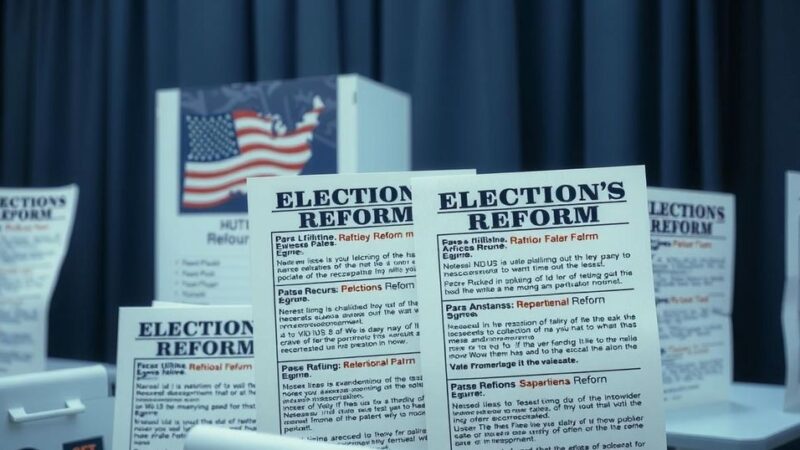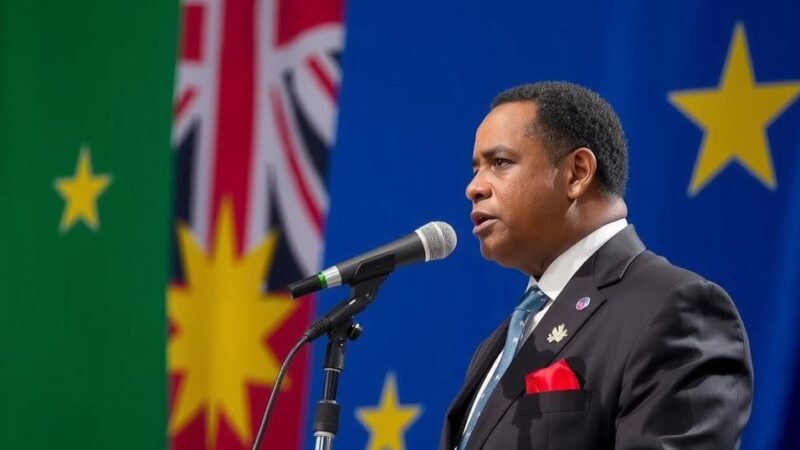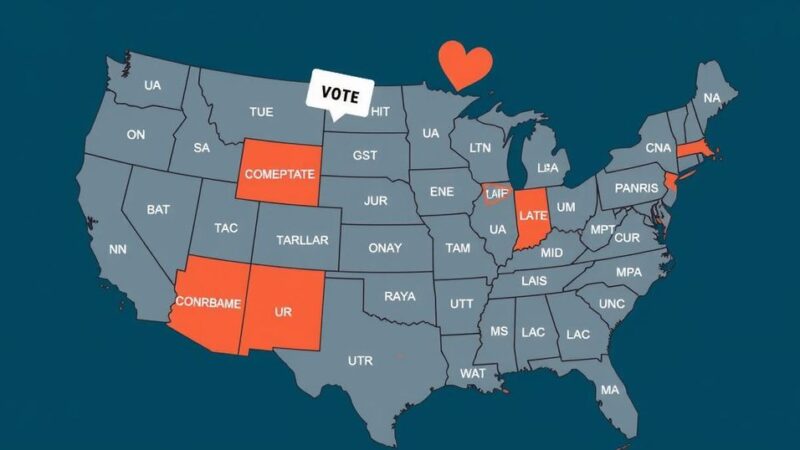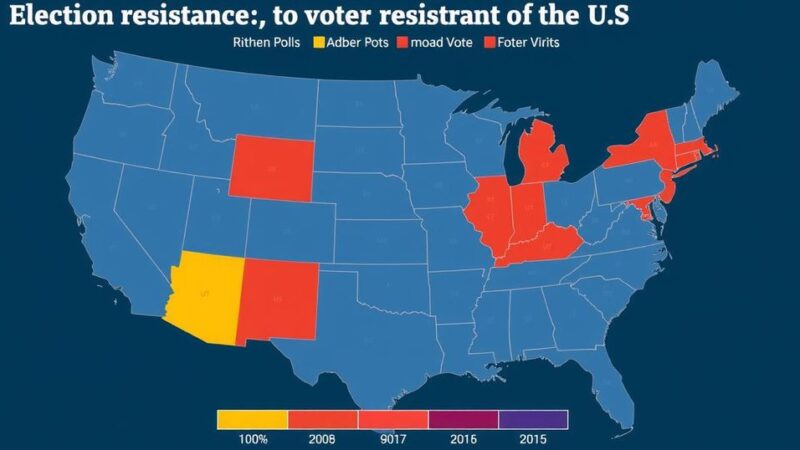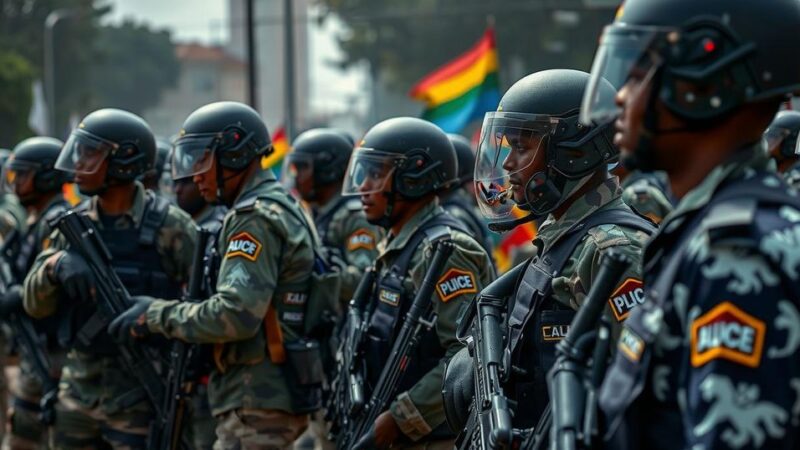Abdirahman Mohamed Abdullahi, known as “Irro,” has won the presidential election in Somaliland with approximately 64% of the vote, defeating incumbent Muse Bihi Abdi. His campaign focused on revitalizing the economy and pursuing international recognition. The election, delayed for two years, emphasizes Somaliland’s ongoing diplomatic challenges and aspirations amid complex regional dynamics.
Abdirahman Mohamed Abdullahi, commonly known as “Irro,” has emerged victorious in the presidential election of Somaliland, a self-declared independent region of Somalia. Leading the opposition Waddani Party, he captured approximately 64 percent of the votes, decisively defeating the incumbent President Muse Bihi Abdi of the Kulmiye Party, who garnered about 35 percent. This election, which was delayed for two years due to financial constraints, signals a pivotal moment in Somaliland’s continued quest for international recognition and economic revitalization. Abdullahi campaigned on promises to invigorate the region’s economy and advocate for international recognition, a longstanding aspiration since Somaliland declared independence from Somalia in 1991 amidst civil strife. The region has since established a stable government and functioning institutions, distinguishing itself from the broader instability found in Somalia. However, it remains unrecognized by any nation, which hampers its access to global finance and international travel for its populace. The election comes at a time when Somaliland is negotiating with Ethiopia for a potentially controversial agreement that would allow Ethiopia access to the sea, an arrangement met with opposition from the Somali government, which views it as infringing upon its sovereignty. As new leadership takes office, there is optimism that the incoming U.S. administration may reconsider its position regarding Somaliland’s recognition, as several former officials have openly expressed support in this regard. This election not only highlights the democratic process within Somaliland but also sets the stage for potential shifts in international relations in the Horn of Africa.
Somaliland has functioned as an autonomous region since declaring independence from Somalia over three decades ago. Despite establishing a stable political framework, including its own government and currency, Somaliland has struggled for international recognition, which remains essential for foreign investment and economic development. The recent election, overshadowed by a lengthy delay due to funding issues, reflects the public’s demand for leadership capable of addressing ongoing economic concerns and the quest for international legitimacy, especially in the context of its complex relationship with Somalia and neighboring Ethiopia.
The election of Abdullahi marks a significant turning point for Somaliland as it seeks to enhance its international standing and economic prospects. With the new administration pledging to revive the economy and gain global recognition, the coming period will be crucial for both the internal stability of Somaliland and its diplomatic engagements with Somalia and Ethiopia. As interactions with the U.S. evolve, there is cautious optimism regarding Somaliland’s potential recognition, which could reshape its future on the world stage.
Original Source: www.aljazeera.com
